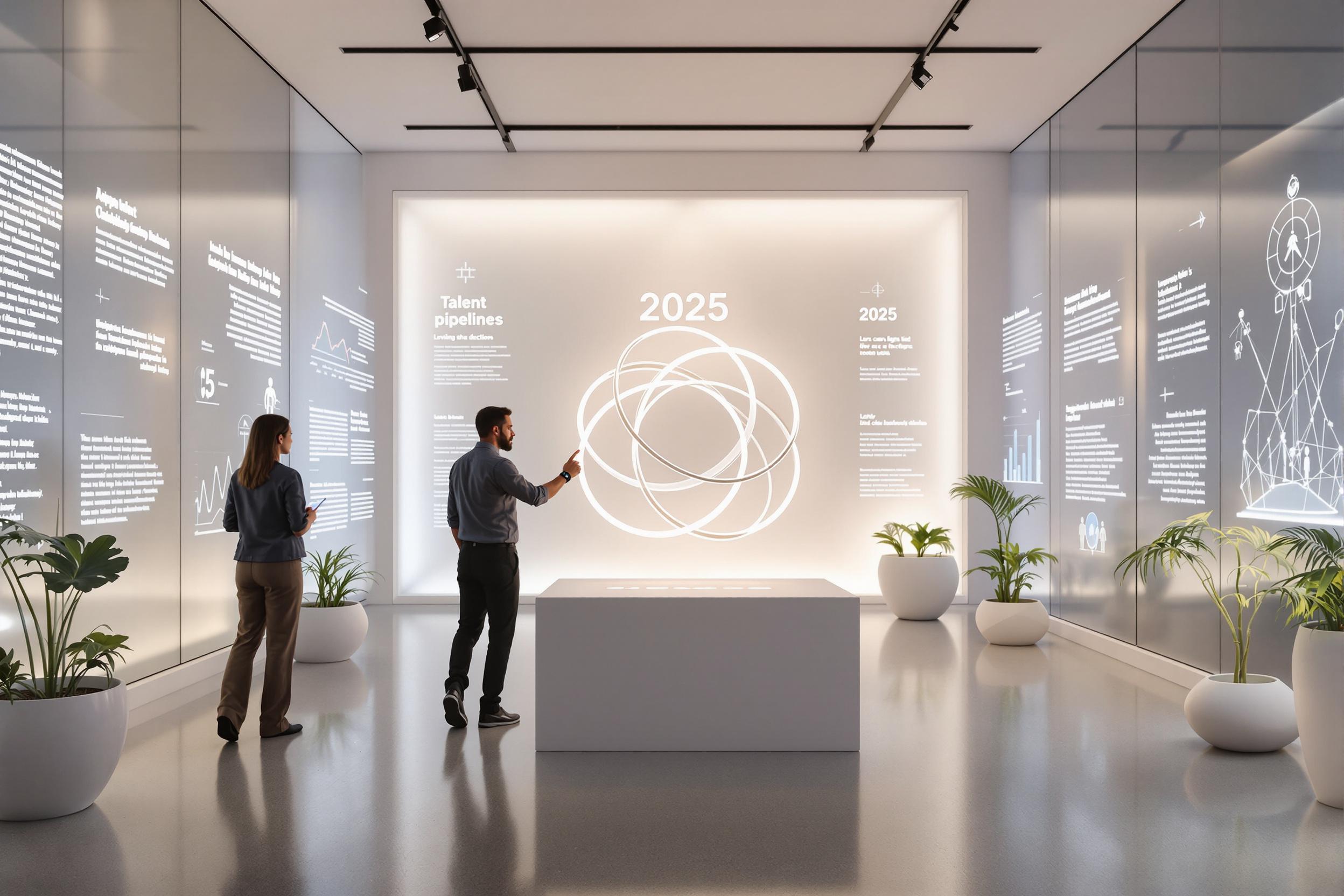
Forecasting
Forecasting is a business skill used to make educated predictions about future trends, sales, or market conditions based on analyzing past data. It's like being a smart weather forecaster, but for business outcomes. Professionals use various methods, from simple trend analysis to complex statistical tools, to help companies plan ahead for things like inventory needs, staffing levels, or financial planning. This is especially important for businesses to make better decisions about budgets, resources, and strategic planning.
Examples in Resumes
Developed Forecasting models that improved inventory accuracy by 35%
Led quarterly sales Forecasting and planning meetings for $50M business unit
Applied advanced Forecast techniques to predict customer demand patterns
Created automated Forecasting tools for business planning and budgeting
Typical job title: "Forecasting Analysts"
Also try searching for:
Where to Find Forecasting Analysts
Professional Organizations
Online Communities
Job Resources
Example Interview Questions
Senior Level Questions
Q: How would you handle a situation where your forecast significantly differs from what business stakeholders expected?
Expected Answer: Look for answers that demonstrate leadership, stakeholder management, and ability to explain complex findings in simple terms. Should mention gathering evidence, analyzing discrepancies, and presenting findings clearly with recommendations.
Q: Can you describe a time when you improved a forecasting process?
Expected Answer: Should share specific examples of process improvements, how they measured success, and how they managed change within the organization. Look for mentions of collaboration and result metrics.
Mid Level Questions
Q: What factors do you consider when choosing a forecasting method?
Expected Answer: Should mention data availability, time constraints, business needs, and accuracy requirements. Look for practical understanding of different methods and their applications.
Q: How do you measure forecasting accuracy?
Expected Answer: Should explain common accuracy measures in simple terms and discuss how they balance accuracy with business needs. Look for understanding of why accuracy is important for business decisions.
Junior Level Questions
Q: What's the difference between qualitative and quantitative forecasting?
Expected Answer: Should explain that quantitative uses numbers and historical data, while qualitative relies on expert opinions and market research. Look for basic understanding of when to use each.
Q: What basic tools do you use for forecasting?
Expected Answer: Should mention spreadsheet software like Excel, basic statistical concepts, and possibly some business intelligence tools. Look for familiarity with common business tools.
Experience Level Indicators
Junior (0-2 years)
- Basic Excel and spreadsheet skills
- Understanding of simple forecasting methods
- Data collection and organization
- Basic statistical concepts
Mid (2-5 years)
- Advanced Excel and forecasting tools
- Multiple forecasting methodologies
- Stakeholder communication
- Process improvement
Senior (5+ years)
- Complex forecasting model development
- Strategic planning integration
- Team leadership
- Cross-functional collaboration
Red Flags to Watch For
- Unable to explain forecasting concepts in simple terms
- No experience with basic forecasting tools like Excel
- Lack of understanding about business impact of forecasts
- Poor communication skills when explaining numerical findings
- No experience working with business stakeholders




